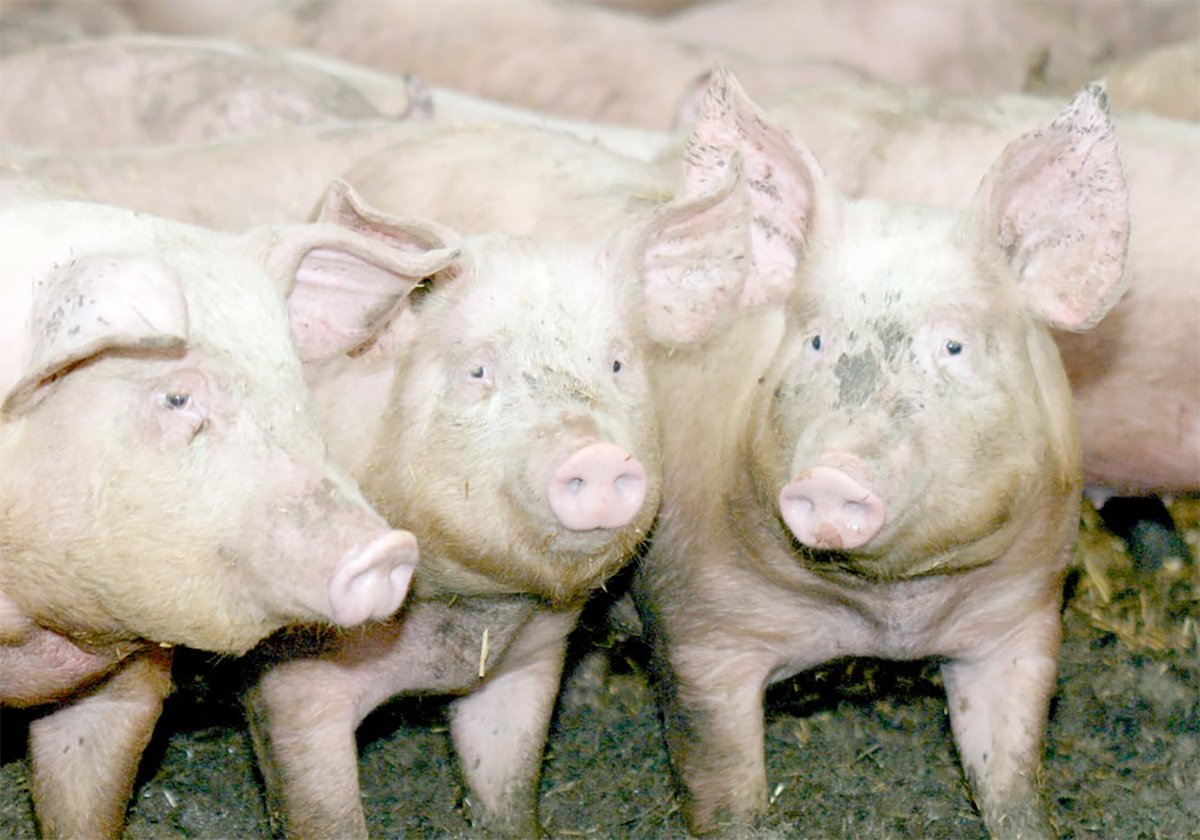OLDS, Alta. – Livestock youth events offer public speaking, marketing tips and even crafts, but for Marina Rasmussen it is all about the cattle.
The 20-year-old member of the Canadian Charolais youth association has worked with cattle all her life and moves between youth and adult events. At the national conference in Olds her string of four earned her two first place finishes that prove to her that she is on the right track with her breeding program.
At the age of 20, Rasmussen is near the end of her junior career and is eligible for only two more shows with her red and white cattle. The red influenced cattle at HEJ Charolais owned by her parents Henrik and Jeralyn Rasmussen at Innisfail, Alta., are part of a larger marketing plan.
Read Also

The Western Producer Livestock Report – November 13, 2025
Western Producer Livestock Report for November 13, 2025. See U.S. & Canadian hog prices, Canadian bison & lamb market data and sales insights.
“We are hoping the market will take off. Every year it is getting better,” said the Olds College student. She is currently studying agriculture production and plans to transfer to the University of Alberta in Edmonton and then pursue a career in bovine genetics.
Youth events such as the national conference augment her education where students are taught marketing skills, public speaking, cattle conformation and grooming. This year a meat cutting class was added, which Marina found useful in selecting her cattle.
This year, about 90 youths signed up for the conference that has become a tradition for Charolais families. The grand champion went to Braydon Paget of Donalda, Alta., and reserve was won by Kolt Wagers of Innisfail, whose families are both long-time supporters of the breed.
The Charolais tradition goes back a long way for Allan and Leona Marshall and their four children who ranch at Innisfail and were honoured at the Olds event with a second generation certificate. Allan was among the early youth members when he joined as a teenager in 1980.
There were 18 young people at his first youth event in Olds and 10 of them are still in the business.
Twenty years later, he was president of the Canadian Charolais Association and is now vice-president of the Canadian Beef Breeds Council working to better the purebred industry. He has stayed with the breed since he was introduced to them by a neighbour who needed help.
His father owned a feedlot so the young Allan already knew the kind of high performing cattle desired in a feeding program. He started Future Farms in 1988 and today runs 700 commercial cows and 170 purebred Charolais.
“They have a good-sized frame and performance so when they are crossed with British cows you get a big powerful animals with lots of performance and meat,” he said.















